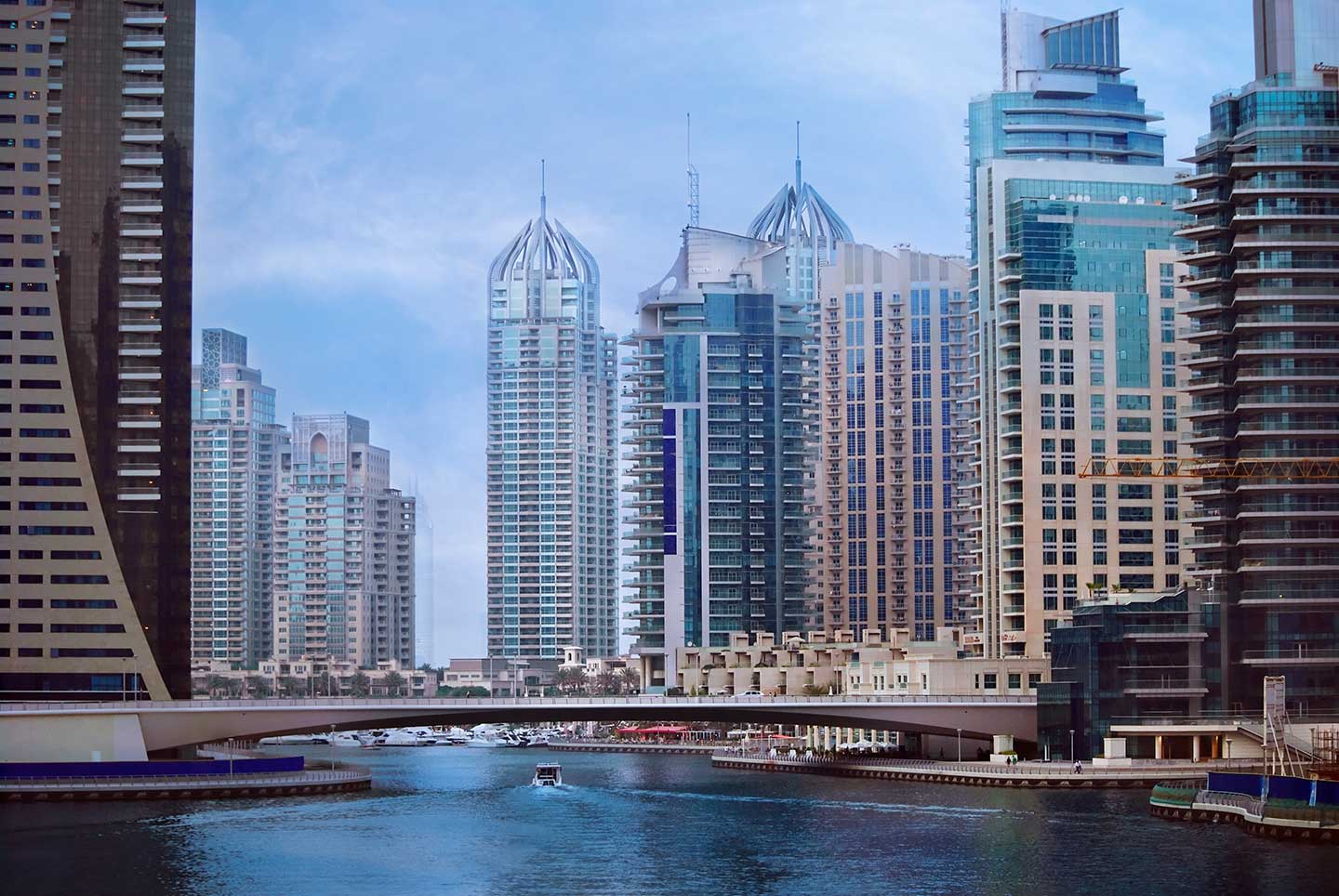Charting the Future: A Progressive Green Growth Narrative
2024 marks a pivotal year for global democracy, with a record 76 countries casting votes. This surge in civic engagement coincides with a troubling rise in right-wing populism, which often scapegoats climate change initiatives for economic challenges faced by the electorate. Despite the compelling evidence that green policies can enhance incomes, productivity, and overall economic growth, there’s a pressing need for the progressive left to craft a more persuasive narrative that effectively counters the misleading dichotomy between economic prosperity and environmental sustainability.
In the UK, the Labour Party’s ambitious £28 billion Green Prosperity Plan aims to position the nation as a “clean energy superpower.” The focus shouldn’t just be on the financial outlay but on the strategic investments necessary to achieve this vision. This isn’t about spending money aimlessly; it’s about strategically deploying both public and private sector resources to fulfill a collective goal, ensuring clean energy drives the UK’s industrial, financial, and innovation strategies forward.
Labour’s narrative can be strengthened with six key arguments:
- Economic Growth and Climate Action Are Complementary: The UK can leverage its substantial green industry and capital markets through targeted public investments. By 2050, green industries globally are expected to exceed $10 trillion, with the UK sector expanding four times faster than the broader economy.
- Investment, Not Cost: Viewing climate finance as an investment rather than a cost can catalyze private sector involvement and foster cross-sectoral economic activities. The historical precedent set by NASA’s Apollo missions demonstrates how targeted government investments can spur widespread technological and economic advancements.
- The Role of Patient Finance: Long-term, risk-tolerant public finance is essential to support transformational changes throughout various stages of innovation and business cycles. This approach has proven successful in nurturing new markets and technologies, exemplified by Germany’s flourishing green steel industry backed by public bank green loans.
- Building Public Sector Capabilities: An ambitious national clean-energy mission requires competent, confident government bodies capable of effective implementation. The UK needs to cultivate skills within green industries and its public sector, moving away from an over-reliance on external consultants.
- Redefining Government-Business Partnerships: A truly green and just transition necessitates a new social contract that places public purpose at the economy’s core. This includes implementing conditions on public investments to ensure broad access to goods and services and fair profit sharing.
- Fiscal Responsibility Through Green Investments: Contrary to fears, public investments in green initiatives can improve the fiscal position over the long term by expanding the productive capacity of the economy. This, in turn, can help lower the debt-to-GDP ratio, demonstrating that fiscal expansion in green sectors is an investment in the country’s future, not just an expense.
As numerous countries head to the polls, crafting a compelling, progressive green growth narrative is more crucial than ever. It’s not merely about defending against populism; it’s about demonstrating that integrating environmental goals with economic strategies can create substantial, lasting benefits for society and the planet.






